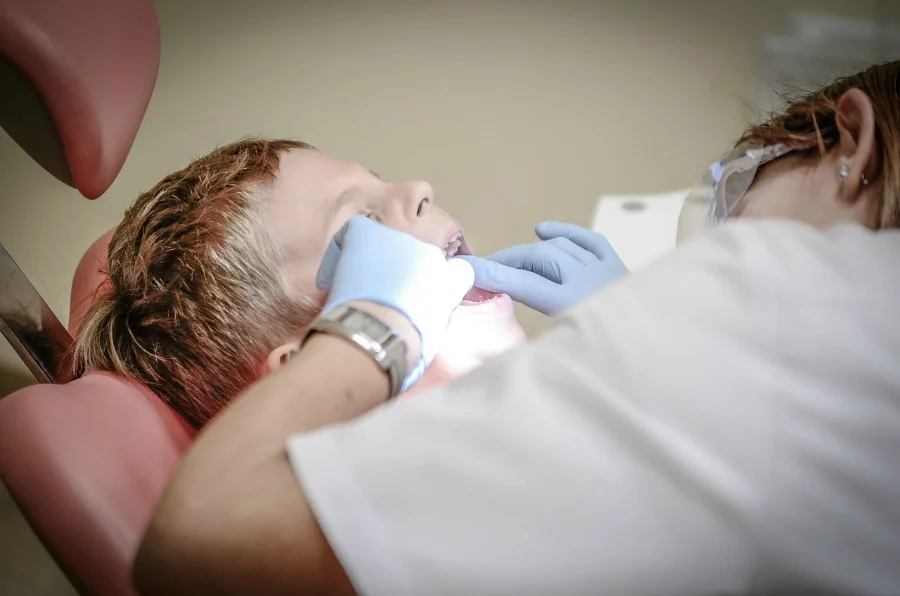“Let’s put a smile on that face” is a phrase you commonly hear from the Joker and from mothers all across the country, lining up their children for the 173rd take on a family photo. While the smile begrudgingly appears on children’s faces, dentists all around the world can be proud they helped each child display their pearly whites while the camera flashes.
As you know, becoming a dentist is a long path, filled with years of education, studying, tests and training. Even though you’ve come all this way, there are still a few things to think about once you finish dental school and begin your dental career. Remember, it’s always better to be prepared than to be caught off guard at the last minute.

Obtaining Your License
You’re ready to start helping people with their dental health and giving them beautiful smiles. But first, you have to make a big life choice after your dental career. Where you intend on practicing? With over 50 states to choose from, you have a lot of options at your disposal.
But with each state comes different requirements. Even though each state requires you to pass the National Board Dental Exam, the next steps can vary greatly on a state by state basis. Each state may have their own test with its own requirements or items of study, so make sure you’re up to date on what exactly you need to review. What may work or may be required for one colleague might be totally different from what you need to do.
Besides different requirements, some states may require other certifications like CPR or first aid. Others may require an extensive background check or interview while some may require none of the above. It’s important to do your research or talk to other dentists before fully deciding on what you’ll have to do.
To specialize or not to specialize?
Hamlet, Prince of Dentistry uttered this famous line in Shakespeare’s many years ago as a great question for dental students. While many dentists work as general dental practitioners, there are plenty that opt to pursue a specialization. Many even choose to go down the residency path before deciding on a specialization. Whatever your choice is, look at all the possible options first.
Currently, there are ten specialties recognized by the ADA’s Council on Dental Education and Licensure and these vary from orthodontics to dental public health. While you may be sick of further education, considering a is a step many dentists take. Pursuing a specialty can mean anywhere from 2-4 more years of education, more years of residency and even obtaining a specialty state license.
Be sure and research the different specialties before you make a decision on your (possible) next step.
Make Sure You Have Disability Insurance
We use insurance to cover almost everything in our lives, so why not make sure you’re covered before you start your dental career? As a dentist, you’ll be moving around the office, on your feet for most of the day or hunched over a patient. While the position may not carry a major injury risk, back injuries are common and dentists are also prevalent to some joint issues and certain diseases.
It’s important that you look out for the most important asset in all of this: yourself. Just like obtaining your license or deciding whether or not to specialize, it’s important you do your research to make sure you’ve got yourself covered. Don’t risk your whole career over not being protected from the unfortunate.
Looking at Other Career Paths
You finish dental school and you’re jumping at the bit to be a dentist, so why would you think about turning away? You might not be considering it now, but you might not be as passionate about dentistry in 30 years or, you could just burn out.
While it may seem like dental school is a track to being one thing, a dentist, the truth is there are many other career options out there. Some may require additional education or training, but many dentists choose to go into dental counseling, insurance, academia, research or other fields.
Even though your “second career” could be on the back of your mind, it’s never too early to at least explore other options and see what else is out there.
